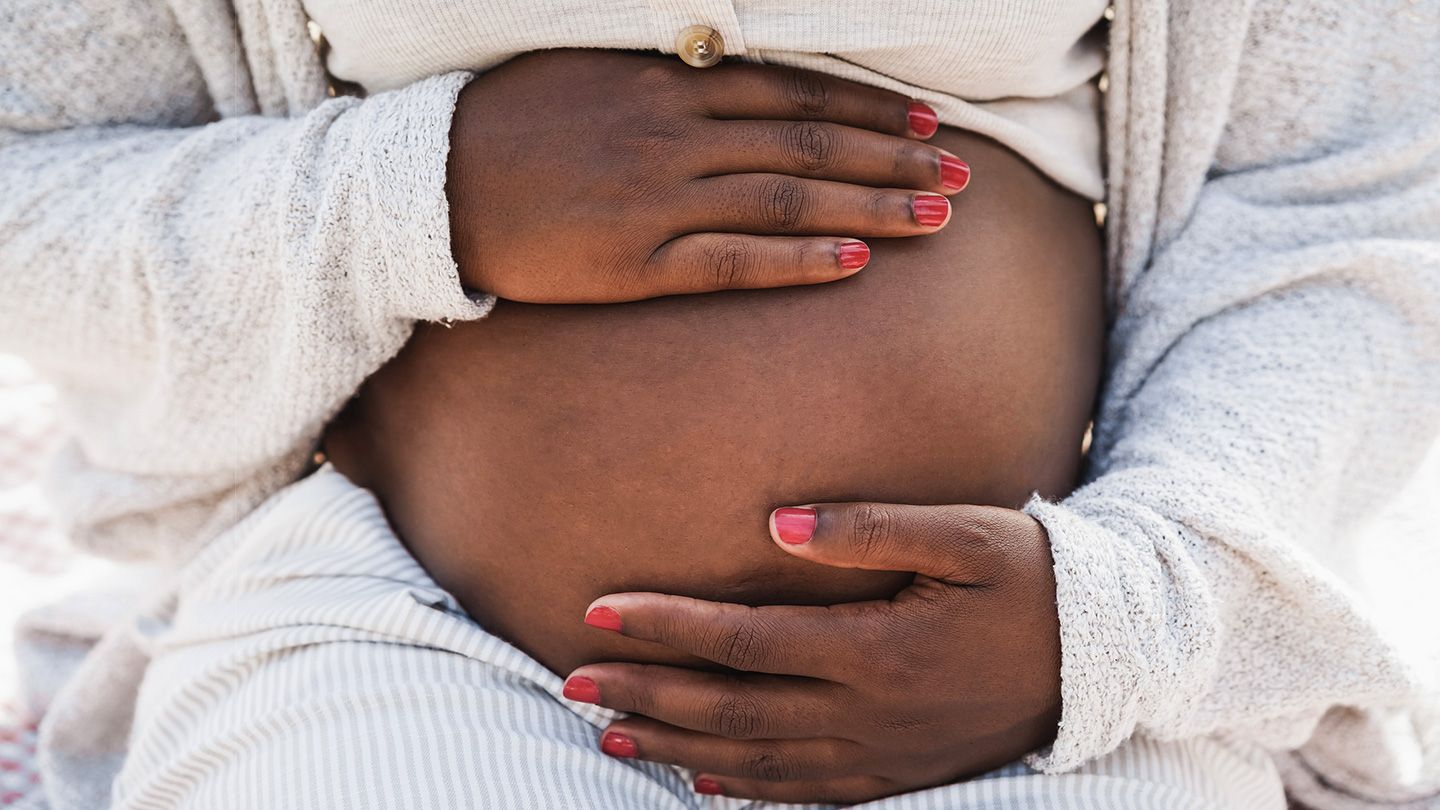Family planning experts have said that maternal mortality remains “unacceptably high” despite the safe motherhood strategies in Nigeria.
The experts, however, said there was a need to increase the uptake of family planning services in the country to reduce maternal deaths.
According to them, Nigeria’s modern contraceptive prevalence rate, which is at 12 per cent, requires concerted efforts to be increased to 27 per cent in line with the Nigeria Family Planning 2030 agenda.
The experts who spoke on Tuesday at the Launch of Community-Oriented DMPA-SC/Self Injection Acceleration in Nigeria and Self-Care Accelerator Projects and Dissemination of the Resilient Accelerated Scale-up of DMPA-SC Self-Injection in Nigeria, said increased uptake in family planning services would help to achieve a low death rate and ensure a quality of life.
Speaking, an obstetrician and gynaecologist, Prof Oladapo Ladipo, said, “We have done fairly well in family planning but we have not done enough. If you remember the Millennium Development Goals, we did not achieve any of them, yet family planning is the single thing that could help us achieve the majority of the MDGs.
“Now we have the Sustainable Development Goals for 2030, and if we do not accelerate our efforts to increase the use of family planning, which we know is safe and effective and helps to moderate our population growth, we will not achieve any of the SDGs by 2030.
“We need to increase our advocacy efforts to ensure that the government increases funding for family planning. My recommendation for funding for family planning is that $4m should be increased to $50m because it is for about 50 million women of reproductive age. $1 per woman is not too much.
“Maternal death is still very high in Nigeria despite the safe motherhood programmes that have been initiated over the years. It’s a shame that we are still having three digits, roughly 512 per 100,000 deliveries, which is very shameful in 2023. Yet, family planning can help us to reduce that within a short period. This is why every woman must plan a family. The days when you will receive a cow for having 10 children are gone.”
Also, the country coordinator, John Snow Incorporated, Dr Adewole Adefalu, said the scale-up and use of self-care interventions had the potential to boost Nigeria’s modern contraceptive prevalence rate, result in cost-savings and accelerate progress towards achieving universal health coverage.
“Self-care will empower women and men, families, and communities to carry out effective health actions, with or without support from health care providers. The value proposition of self-care lies in the opportunity to support healthcare systems. When fully introduced, self-care reduces the burden on healthcare providers, limiting their role to initiating, educating, and supporting individuals who are more empowered to take effective health action,” Adefalu said.
He also noted that in a bid to support the government to scale up family planning uptake, the Association for Reproductive and Family Health introduced and implemented the Resilient and Accelerated Scale-up of DMPA-SC Self-Injection project.
He said “DMPA Subcutaneous and Self-Injection have the potential to expand access and acceptability with the unique option to self-inject. The project was implemented through the project communities and facilities across 10 project states cut across 217 Local Government Areas.”
On her part, the chief executive officer of the ARFH, Dr Kehinde Osinowo, said the projects would help in achieving and escalating the uptake of family planning services.
“With the poverty level in the country, many women do not want to get pregnant, and access to family planning services and methods will help them to reduce the birth rate.
“Also, the troubling aspect is that young people that are sexually active and want to use family planning methods constitute about 48 per cent, but they don’t have access to the methods, and DMPA-SC has the potential to increase the uptake of family planning by three per cent on an annual basis, if all states are embracing it,” Osinowo added.
The director of the Reproductive Health Division, Federal Ministry of Health, Mrs Tinu Taylor, said the provision and uptake of reproductive health and family planning services would improve the lives of women, girls, men, families, communities, and the country.
Taylor said, “It will significantly contribute to the decrease of maternal and infant morbidity and mortality as well as other health indices including unsafe abortions, HIV transmission, among others.”









